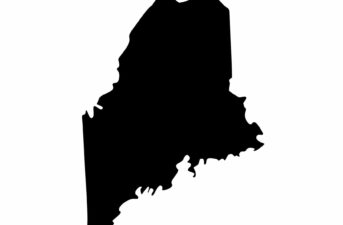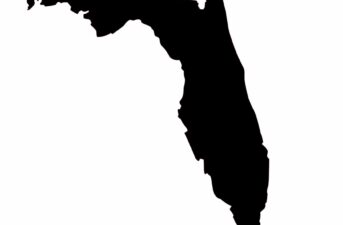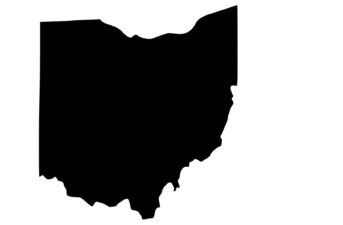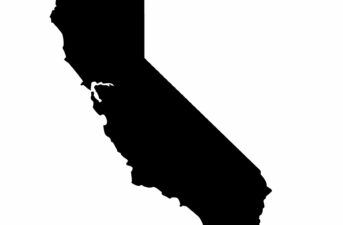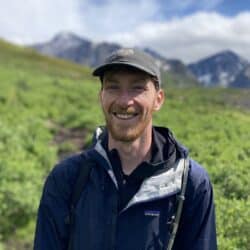
Karsten Neumeister
Energy ExpertExperience
Karsten is an editor and energy specialist focused on environmental, social and cultural development. Before joining EcoWatch, Karsten worked in the solar energy sector of New Orleans, studying energy policy, climate tech and environmental education.
During his time in the solar industry, Karsten worked on public service commissioner (PSC) campaigns and mayoral initiatives, advocated for clean energy policy at city council meetings and helped plan and execute hundreds of solar installations throughout Texas, Louisiana and Mississippi.
His firsthand experience as a solar advocate in a region dominated by oil and gas proved invaluable in learning how to effectively communicate about climate change, clean energy and cultural development.
Karsten’s editorial contributions for EcoWatch focus on renewable energy coverage, but he views this as an essential piece of a greater puzzle. The main goal of his work is to inform and empower EcoWatch readers to make the most educated, practical and sustainable choices in their lifestyles. Within the last year, Karsten’s work has been featured by sources including the Solar Energy Industries Association (SEIA), Bankrate, MarketWatch and the World Economic Forum.
Karsten has a unique background in the humanities, with a Bachelor of Arts (B.A.) focused in Music from the University of Southern California, which helped him develop his storytelling skills and ability to connect with broad groups of peers and stakeholders. In addition to his editorial contributions, Karsten loves to work with data, visuals and other creative ways to tell stories.
His firsthand experience in renewable energy, humanities background and passion for sustainable development help our readers learn and shop with confidence. A lover of music and the outdoors, Karsten might be found rock climbing, canoeing or writing songs when away from the workplace.
What makes you interested in the environment?
I was extremely lucky to grow up within walking distance of a forest preserve in Northern Illinois. Seeing as there wasn’t much else to do in Northern Illinois, I spent a lot of my time exploring the preserve. It had a big impact on me.
Over time, I started to notice things that I’d never paid attention to before: the tadpoles that slowly metamorphosized into frogs over time — and then the noisy mating calls come summer. The laser-like songs of cardinals who stuck around for the winter. Skunk cabbage poking out of the ground showing the first stinky signs of spring.
Even a small connection encouraged me to take environmental science courses in school to learn more. From that point on, I was hooked. Learning about the injustices of how we treat the earth (and how that impacts all of us) only motivated me further to do what I can to make a difference.
What’s your favorite topic to cover?
As I write this in mid-2022, energy storage technology is my favorite topic to cover. Energy storage technology will be paramount to decarbonizing and decentralizing the grid, and the field has some of the most creative ideas you’ll see: think sand batteries, compressed air — even stacked blocks! Rarely have such simple ideas been of so much importance.
In your opinion, why should people care about the environment?
Answering this question fully would require more words than I could fit in this response. I think about this question a lot — mainly because in my eyes, we are a part of the environment. There is no difference between caring for the earth and caring for ourselves. We are all part of one, beautifully balanced and interconnected system that goes beyond what we can comprehend.
If that doesn’t do it for you, maybe talking dollars and cents will — natural weather events made worst by human-induced climate change cost the U.S. trillions of dollars each year. Caring for the environment makes sense economically, scientifically, socially and in just about every way that I can think of.
Is there an eco-related book you would recommend to all EcoWatchers?
Braiding Sweetgrass is a staple of eco-literature that I’m sure the majority of EcoWatchers have probably read. If you haven’t, give it a try! It explores the reciprocal relationships between humans and our environment from a lens that blends both indigenous knowledge and a Western worldview.
Expertise
- Renewable Energy
- Energy Policy
- Corporate Sustainability
- Energy Efficiency
Education
- University of Southern California

 233k
233k  41k
41k  Subscribe
Subscribe 
